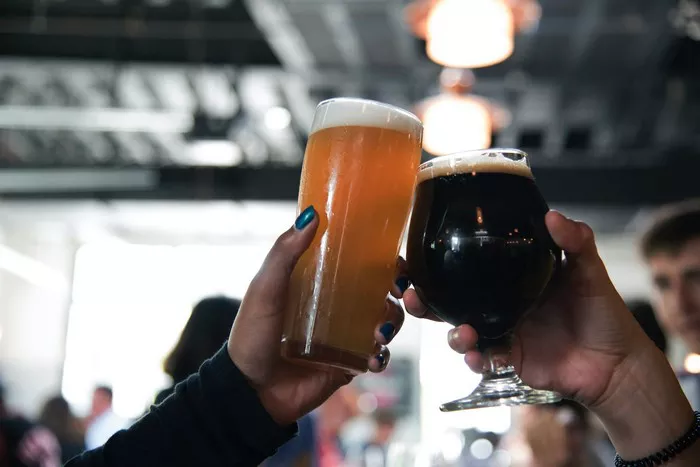As of September 5, eligible convenience stores across Ontario will be permitted to sell beer, wine, cider, and ready-to-drink cocktails. However, industry experts predict that not all stores will immediately adopt this change, and those that do may charge significantly higher prices.
Retail consultant Bruce Winder suggests that convenience stores, where space is limited, could mark up alcohol prices by 20% to 50% compared to the LCBO, Beer Store, or grocery stores. “The smaller the store, the higher the premium,” Winder explains. This markup reflects the premium on limited shelf and fridge space.
While convenience stores may stock popular brands, they are unlikely to carry a wide selection. Stephen Beaumont, a beer author and consultant, compares the model to Quebec’s dépanneurs, which typically offer a basic stock of beer. Although 20% of shelf space for beer and cider and 40% for wine will be allocated to Ontario craft producers, the most prominent craft brands will likely dominate.
Anne Kothawala, CEO of the Convenience Industry Council of Canada, believes competition will help regulate prices. “Customers have alternatives nearby, so exorbitant premiums won’t be sustainable,” she argues.
Despite enthusiasm from convenience store operators, logistical challenges remain. Most convenience stores lack the infrastructure for bulk deliveries, complicating restocking efforts. “We can’t apply a one-size-fits-all model,” Kothawala notes, highlighting the need for hand deliveries in many cases.
Independent convenience stores are keen to start selling alcohol, with high demand from members, according to Donna Montminy, executive director of the Ontario Convenience Store Association.
Meanwhile, grocery stores face new recycling requirements starting October 31. Stores larger than 4,000 square feet must establish recycling facilities for empty alcohol containers unless they are within five kilometers of a Beer Store outlet. This requirement has prompted some grocery chains to reconsider selling alcohol due to the significant investment needed for recycling infrastructure and concerns over food safety.
The Retail Council of Canada, representing major chains like Loblaws, Metro, and Sobeys, criticizes the new recycling rules, citing the high costs and potential risks of cross-contamination. “Forcing consumers to return empty containers to grocery stores is a non-starter,” says spokesperson Michelle Wasylyshen.
Independent grocers share these concerns, with Gary Sands, vice-president of the Canadian Federation of Independent Grocers, emphasizing the challenges of maintaining food safety. However, Sands notes that independent stores may be more inclined to sell alcohol under the new system, which is fairer than the previous framework that limited licences to 450 stores.
As the Ontario government continues to consult with industry stakeholders, the rollout of alcohol sales in convenience stores remains a complex issue, balancing consumer demand, logistical hurdles, and regulatory compliance.


